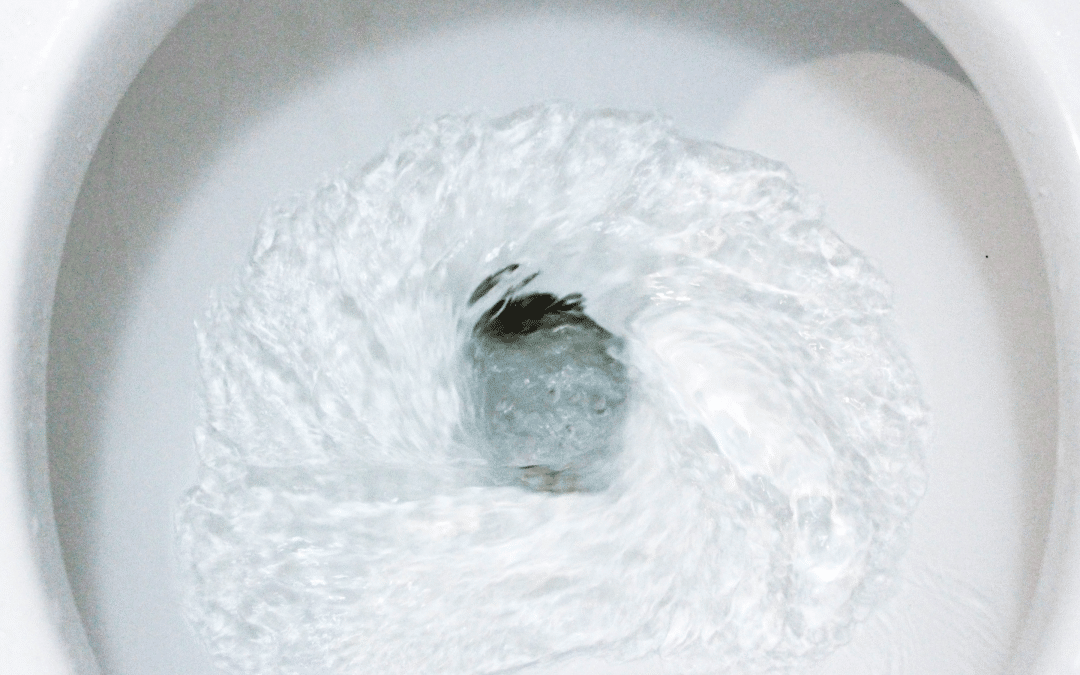Yes, colostrum in breast milk is highly beneficial for an infant’s gut health. Colostrum is the first milk produced by the mammary glands during the initial days after childbirth. It provides a cornucopia of essential nutrients, growth factors, immunoglobulins, passive antibodies, and bioactive compounds that are perfectly blended to protect the newborn infant from infection, and to help train and shape the emerging immune system so it can handle its environment [1]. In addition, colostrum is crucial in promoting gut health by contributing significantly to the formation of the infant gut microbiome [2,3,4]. The studies suggest that specific factors in breast milk can influence the abundance of certain gut microbes in infants, playing an important role in early immune and metabolic development.
Key Benefits of Colostrum for Infant Gut Health
- Antibodies: Colostrum contains high levels of antibodies, particularly immunoglobulin A (IgA), which helps protect the infant against infections and strengthens their immune system [1,2].
- Nutrient Density: Colostrum is concentrated with essential nutrients such as proteins, vitamins, and minerals, providing the newborn with the necessary building blocks for growth and development [2].
- Prebiotics: Colostrum contains prebiotics, which are substances that promote the growth and activity of beneficial bacteria in the infant’s gut. In particular, milk oligosaccharides are very good prebiotics for certain bacterial species [1,2]. These bacteria play a crucial role in digestion, nutrient absorption, and overall gut health.
- Growth Factors: Colostrum contains growth factors that support the development and maturation of the infant’s digestive system, including the intestines [2]. In addition, there are other growth factors like epidermal growth factor and nerve growth factor found in the breast milk and colostrum that play important roles in the development of the infant.
- Laxative Effect: Colostrum has a mild laxative effect, helping the newborn pass their first stool, called meconium. This aids in the expulsion of waste from the digestive system and facilitates the establishment of normal bowel movements [5].
- Anti-Inflammatory Properties: Colostrum contains anti-inflammatory compounds that can help reduce inflammation in the infant’s gut, promoting a healthy and balanced gut environment [1].
- Sealing the Gut: Colostrum helps in the closure of the infant’s immature gut lining, reducing the permeability of the intestines and preventing harmful substances from entering the bloodstream [1].
As you can see from the list above, the early benefits the newborn infant receives from the colostrum and breast milk from the mother are numerous. These benefits can be far-reaching and lifelong. A large cohort study of children in Canada has revealed several important benefits of breast feeding due to the important factors found in breast milk including:
- Breastfed babies have higher levels of beneficial gut bacteria and healthier growth patterns than babies who are not breastfed.
- Breastfed babies have a lower rate of wheezing – one of the most common reasons infants are hospitalized or receive medical care.
- Breastfed babies have a lower risk of developing asthma as they get older.
- Breastmilk is unique to each mom and baby.
Final Thoughts
Breastfeeding, especially during the early days when colostrum is produced, is considered crucial for the overall health and well-being of the infant. It not only provides essential nutrients but also establishes a foundation for a healthy immune system and gut microbiome. It is important to note that the composition of breast milk changes over time to meet the evolving nutritional needs of the growing baby. Always consult with your doctor and your baby’s doctor to make sure you are meeting both your and your child’s nutritional needs.
Sources
[1] Carr, L. E., Virmani, M. D., Rosa, F., Munblit, D., Matazel, K. S., Elolimy, A. A., & Yeruva, L. (2021). Role of Human Milk Bioactives on Infants’ Gut and Immune Health. Frontiers in immunology, 12, 604080. https://doi.org/10.3389/fimmu.2021.604080
[2] Boudry G, Charton E, Le Huerou-Luron I, Ferret-Bernard S, Le Gall S, Even S and Blat S (2021) The Relationship Between Breast Milk Components and the Infant Gut Microbiota. Front. Nutr. 8:629740. https://www.frontiersin.org/articles/10.3389/fnut.2021.629740/full
[3] Lundgren SN, Madan JC, Karagas MR, Morrison HG, Christensen BC and Hoen AG (2023) Human milk-associated bacterial communities associate with the infant gut microbiome over the first year of life. Front. Microbiol. 14:1164553. https://www.frontiersin.org/articles/10.3389/fmicb.2023.1164553/full
[4] Xi M, Liang D, Yan Y, Duan S, Leng H, Yang H, Shi X, Na X, Yang Y, Yang C, Szeto IM-Y and Zhao A (2023) Functional proteins in breast milk and their correlation with the development of the infant gut microbiota: a study of mother-infant pairs. Front. Microbiol. 14:1239501. https://www.frontiersin.org/articles/10.3389/fmicb.2023.1239501/full
[5] Yimer, N. B., & Liben, M. L. (2018). Effects of home delivery on colostrum avoidance practices in North Wollo zone, an urban setting, Ethiopia: a cross sectional study. Journal of health, population, and nutrition, 37(1), 4. https://doi.org/10.1186/s41043-018-0134-4
https://www.news-medical.net/news/20230509/Breast-milk-microbes-shape-infant-gut-health.aspx
https://www.healthline.com/health-news/breast-milk-infant-gut-health
https://www.ohsu.edu/school-of-medicine/moore-institute/breastfeeding-and-microbiome
https://www.texashealth.org/baby-care/Breastfeeding/the-infant-gut
https://www.colorado.edu/today/2023/12/13/breast-milk-shown-boost-babys-brain-and-gut-health








